OKUIZOME
OKUIZOME
Okuizome is a traditional Japanese weaning ceremony, held to celebrate a baby’s 100th day anniversary, in hopes for the baby’s health and that the baby will never go without food throughout their life.
Okuizome literally meaning “first time to eat”, is a ritual usually held at home and involves the infant being (imitatively) fed for the first time. Sometimes it’s called “hashizoroe” (chopstick preparation) or “hashihajime” (first chopsticks), because it’s their first “use” of chopsticks.

With a history stretching back to the Heian period (794 to 1185), it first began as a ritual called “Momoka Iwai” where the baby was fed mochi (rice cake) on the 100th day after birth. Back then, sanitary conditions were poor and it was hard to have nutritious meals, so there were many rituals held to celebrate and pray for a child’s health and growth.

The celebratory meal, called “Iwai zen”, is based on the traditional menu “Ichi-jyu San-sai”, which means one soup and three vegetable side dishes. A whole fish dish, rice with red beans (“sekihan”), clear broth soup (“suimono”), cooked vegetables (“nimono”), and pickles (“ko-nomono”) usually come with this meal.
As 100 days after birth is around the time when babies start growing their teeth. Families also often prepare a teething stone (“hagatame ishi”), in hopes for healthy teeth to grow in.

Although, there are variations on how this ceremony is called (or what families prepare for this special meal), depending on the region, the main purpose and meaning of the family coming together to celebrate and show gratitude for the baby’s healthy growth, is the same all across Japan.




